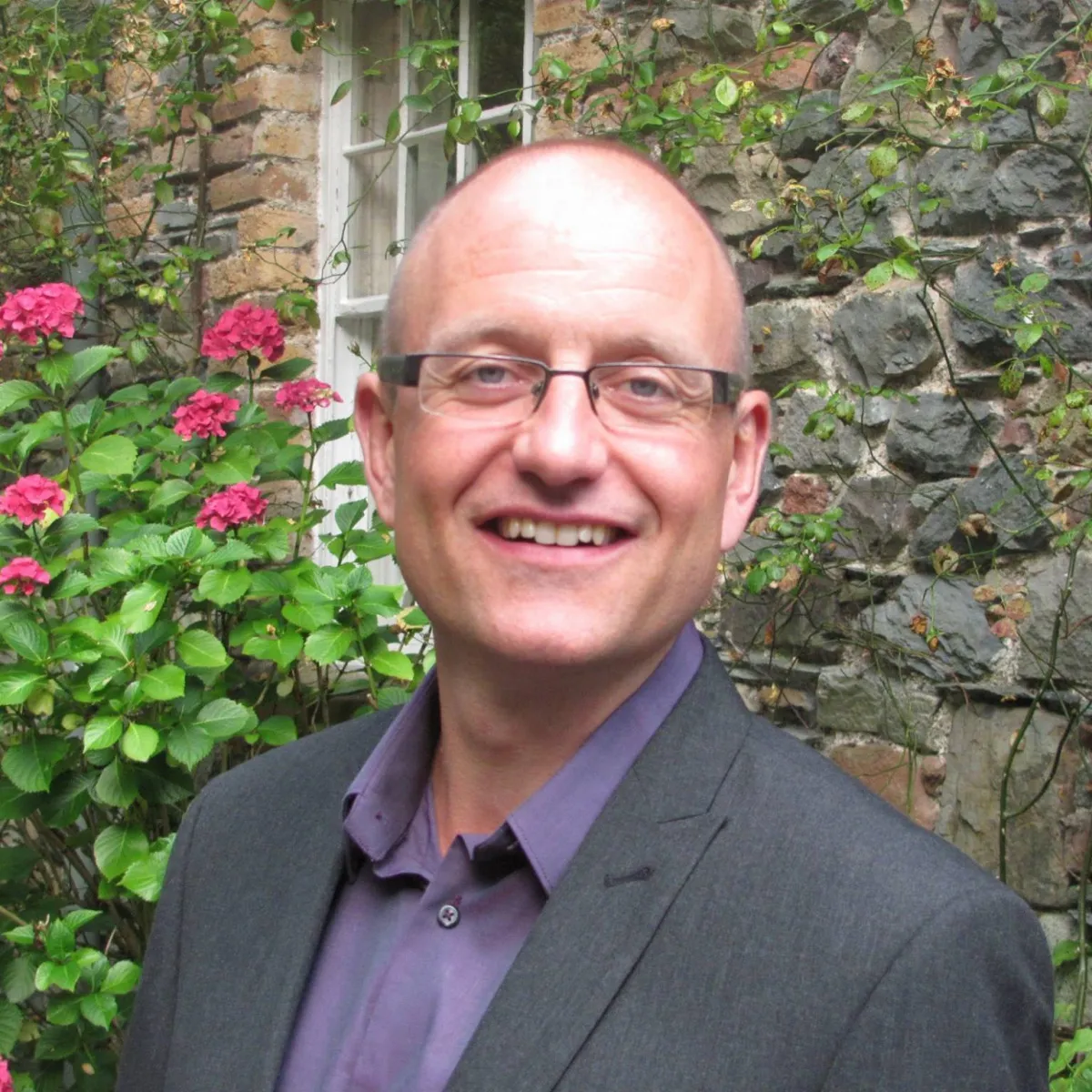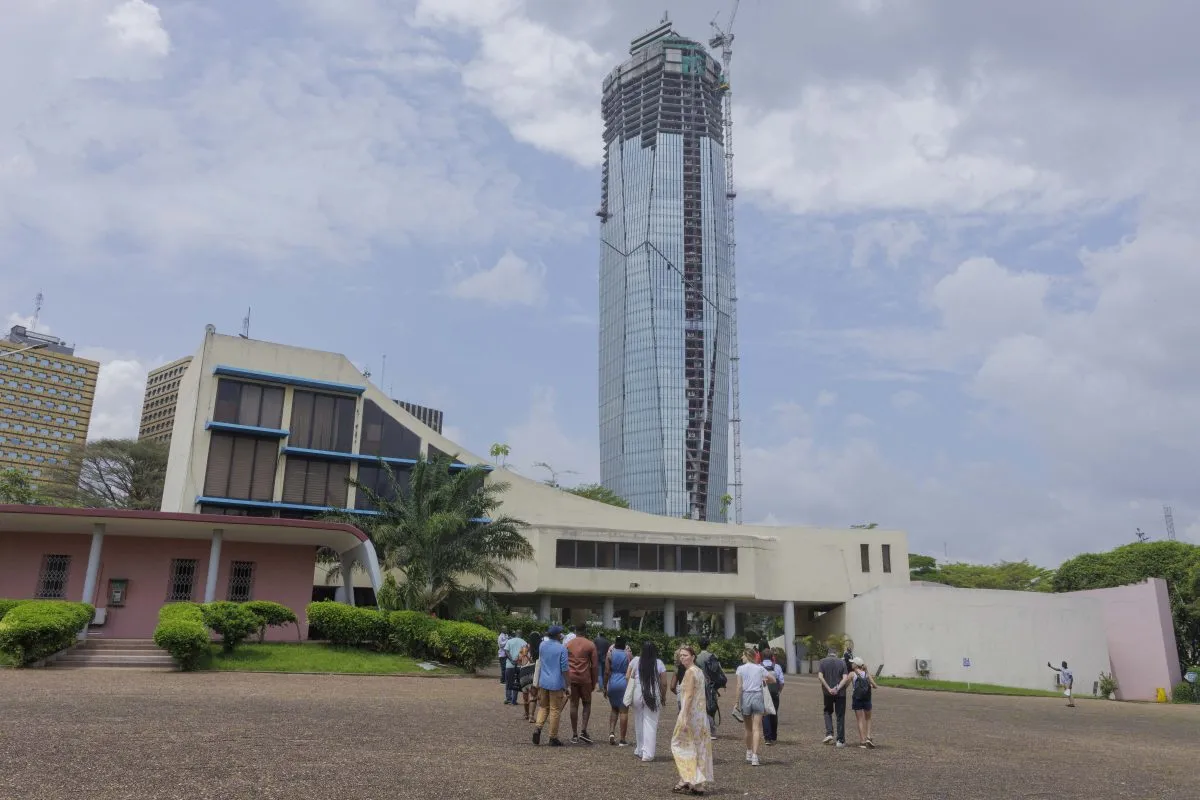Dangote Cement has been knocked off the top of our table of the Top 20 companies in West Africa after three consecutive years in which its value has fallen, from a peak of $11.2bn in 2022 to $9bn last year and now $5.3bn. BUA Foods too has seen a decline, from $5.2bn in 2024 to $4.9bn in this year’s rankings, as the devaluation of the naira affects Nigerian share prices when quoted in US dollars. Both companies have been leapfrogged by Airtel Africa, up from $5bn to $7.8bn. Although listed in Nigeria, its wider geographical growth has more than compensated for the falling value of the naira.
It has been a strong year overall for Ivorian companies, with four entries in our table in 2024. There is just a single Ghanaian company in our regional table, Scancom, which has enjoyed a big rise in value from $1.6bn to $2.7bn in just 12 months. The lack of Ghanaian entrants reflects the wide malaise in that country’s economy, which has recorded modest growth after defaulting on its debts and undergoing a well-publicised debt restructuring
Despite the relatively low combined market capitalisation of Africa’s 250 biggest listed companies, the value of companies listed on the regional West African Bourse Régionale des Valeurs Mobilières (BRVM), based in Côte d’Ivoire, closed 2024 at a record CFA20.6 trillion francs ($36bn), up from CFA18.3bn one year earlier. The value of total transactions also increased from CFA396bn to CFA462bn over the year, as the BRVM all-share index covering all 47 listed companies, including Sonatel and Orange, increased by 28.9% over the year to 276 points.
Nigeria’s banks, which dominate the regional West African table, have been greatly affected by the need to recapitalise; naira depreciation over the past decade has reduced their dollar-denominated capital, while the economy has experienced a string of crises. The Central Bank of Nigeria (CBN) lifted its minimum capital requirements to N500bn ($310m) for those with an international licence and N25bn ($16m) for nationally licensed banks. Banks must reach these levels by the end of March 2026 by injecting additional equity, opting for a lower tier banking licence, or consolidation.
Previous CBN intervention has triggered intense consolidation, most recently in 2005, but the pool of competitors is already much smaller than on the last occasion, with ten banks holding about 90% of the Nigerian banking system’s assets. It remains to be seen whether the recapitalisation process creates a handful of larger banks that may once again trouble the highest rankings in our 2026 table.
The policy will “help top Nigerian banks better compete against international and other pan-African banking groups, particularly in trade finance,” according to analysts S&P Global. It added: “By strengthening their balance sheets, some mid-tier banks will be able to scale their lending to the real economy and improve credit intermediation.”
Despite the fall in many Nigerian stocks, Lafarge Africa needed $774m to take the final position in our regional table, well up on the $556m Stanbic IBTC Holdings recorded last year to take the same spot.
To view the full list of Africa’s Top 250 Companies 2025 click here.
Company focus: Sonatel
Société Nationale des Telecommunications (Sonatel), which is based in Senegal but listed on the regional West African Bourse Régionale des Valeurs Mobilières (BRVM) in Côte d’Ivoire, has enjoyed a big increase in market capitalisation over the past year – from $2.9bn to $4.1bn. It has moved up from 46th to 38th in our Top 250 and it is now the fourth biggest company in West Africa and the second biggest telecoms operator in the region.
Sonatel is 42.33% owned by Orange, and launched Orange 5G services for both business and residential customers in Senegal last year after paying $57m for a 5G operating licence. It controls more than 50% of the Senegalese market and also operates in Guinea, Guinea Bissau, Mali and Sierra Leone. A large part of its growth has been generated by its Orange Money mobile service. As in much of Africa, its fixed line customer base is relatively small, with 741,000 customers in 2024, but this was a 25% increase on the previous year.
Last year, a consortium featuring the UK government’s development financial institution British International Investment (BII), the International Finance Corporation, and Proparco agreed to invest €87m ($99m) in the company’s telecoms infrastructure, particularly in rural areas.
Chris Chijiutomi, managing director and head of Africa at BII, commented: “Investing in the digital infrastructure space is a priority for BII given its importance to address economic growth constraints in Africa. Our investment in Sonatel will help provide quality and affordable connectivity and directly foster inclusive economic growth, particularly in rural areas. It also aligns with our goal to invest more in the Francophone West Africa region. We look forward to working with our partners to digitally connect more people and businesses in the area.”
Want to continue reading? Subscribe today.
You've read all your free articles for this month! Subscribe now to enjoy full access to our content.
Digital Monthly
£8.00 / month
Receive full unlimited access to our articles, opinions, podcasts and more.
Digital Yearly
£70.00 / year
Our best value offer - save £26 and gain access to all of our digital content for an entire year!

 Sign in with Google
Sign in with Google 



